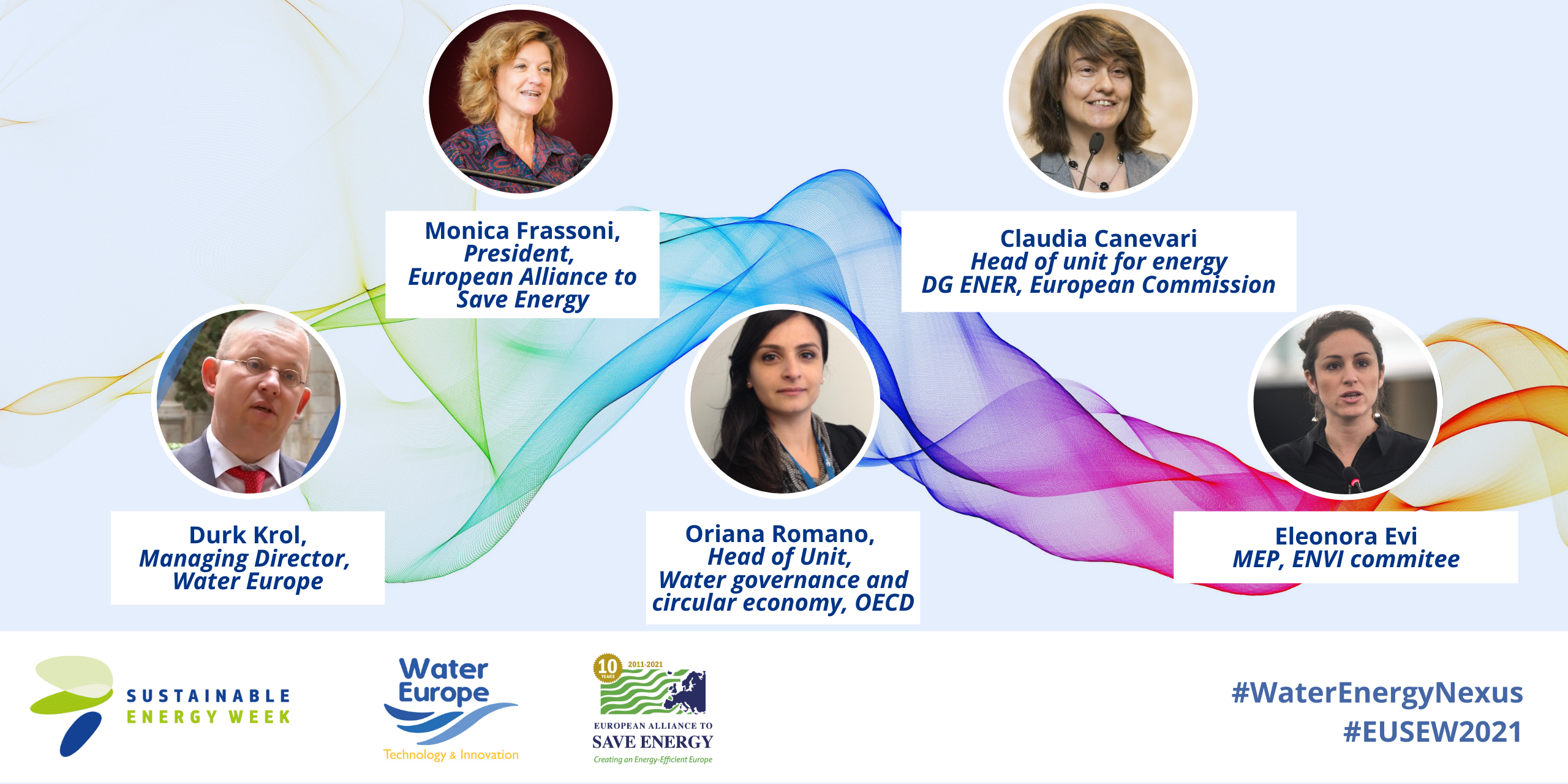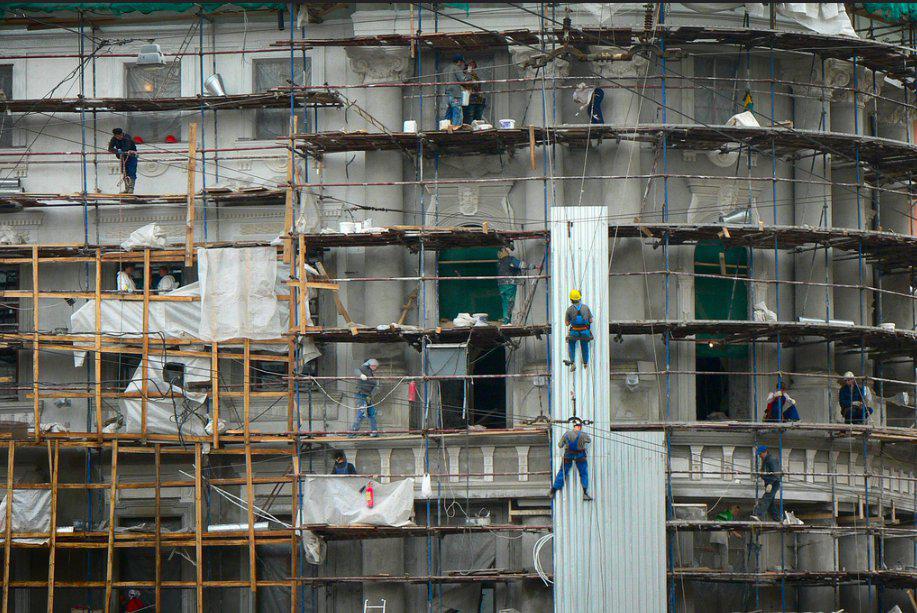MEPS paramount to address high energy prices and achieve the EU decarbonisation goals


Business organisations call for the introduction of mandatory Minimum Energy Performance Standards for the renovation of the buildings sector in the revision of the Energy Performance of Buildings Directive.
Today, together with major business organisations advocating for energy efficiency solutions in Europe, we addressed a letter to energy Commissioner Kadri Simson regarding the incoming revision of the EPBD.
The EU building stock must undergo a profound renovation to make it energy efficient and cut emissions. The Renovation Wave strategy foresees that the rate of building renovations must at least double to achieve our climate objectives. Renovating buildings is also the best medium and long-term solution to maintain energy prices low for consumers.
The introduction of mandatory minimum energy performance standards for all buildings is essential for the EU to deliver on its promises to make the European Green Deal as Europe’s growth strategy.
These standards can create the necessary regulatory framework to attract public and private investments, boosting the construction value chain and making the sector attractive to fill the skills gap.





